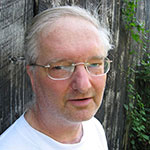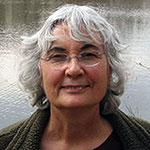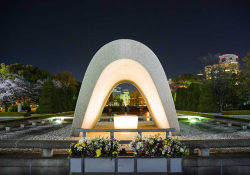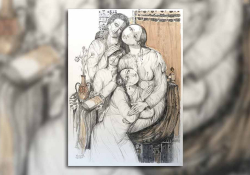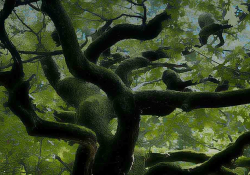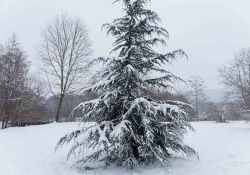Three Bilingual Poems from France
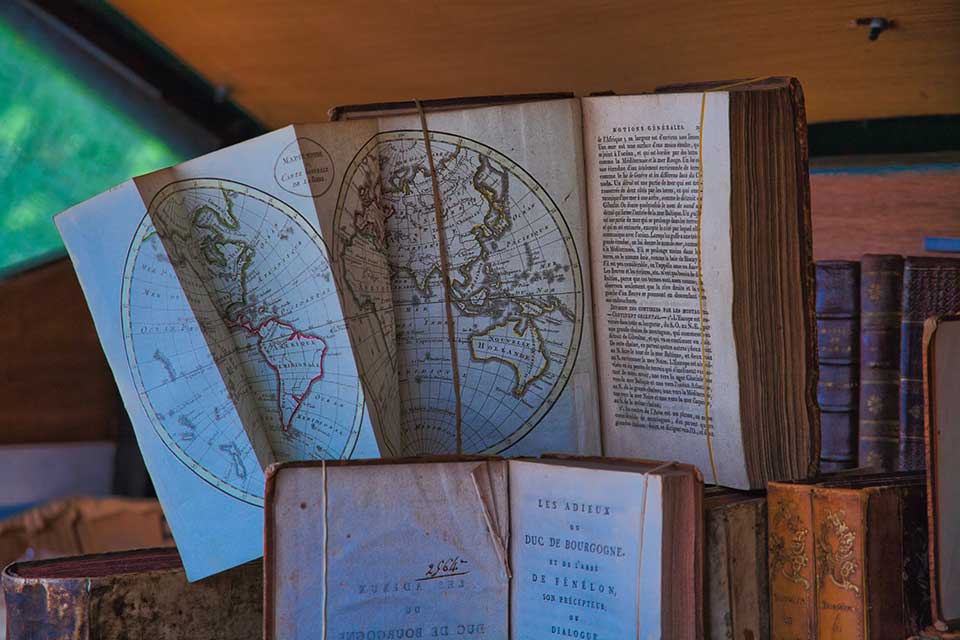
[I ask everybody]
I ask everybody
have you noticed today
when the time passed
with its voice of silence
with its common appearance
I had a word to share
it will happen next time
when I am awake I am listening
je demande à tout le monde
avez-vous vu aujourd’hui
le temps quand il est passé
avec sa voix de silence
avec son air des toujours
j’avais un mot à lui dire
ce sera la prochaine fois
depuis je veille j’ai l’oreille
from Tout entier visage (Whole Face) [Arfuyen, 2005]
[my grammar has tenses]
my grammar has tenses that
are not in any of the worlds
that I pass through time and again
I only know myself in
what I do not know
but there I am fastened
even myself
I do not capture
ma grammaire a des temps qui
ne sont dans aucun des mondes
que je passe et je repasse
je ne me connais que dans
ce que je ne connais pas
mais là je suis imprenable
même moi
je ne me saisis pas
from Et la terre coule (And the Earth Flows) [Arfuyen, 2006]
[Those who speak have a country]
Those who speak have a country they have
a voice joyous with language
they do not see their tracks
they become their tracks
they carry their borders in their mouths
though their story dances on thorns
they are a book who needs no other books
their laughter rebuilds culture
all tears lead them there.
Ceux qui parlent ont un pays ils ont
la gorge hereuse dans leur langage
ils ne voient pas leurs traces
tant ils s'y confondent
ils portent leurs frontières dans leur bouche
même si leur histoire danse sur des épines
ils sont un livre qui n'a pas besoin de livres
leurs rires reconstruisent des murs
toutes les larmes y conduisent.
from Dans nos recommencements (In Our New Beginnings) [Gallimard, 1976]
Translations from the French

